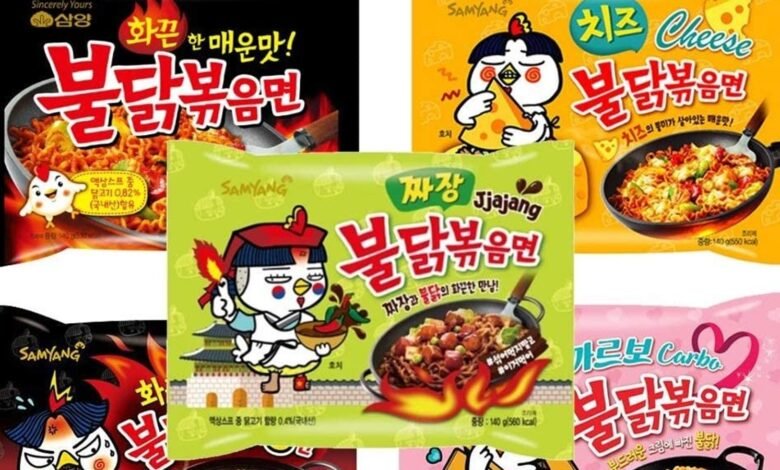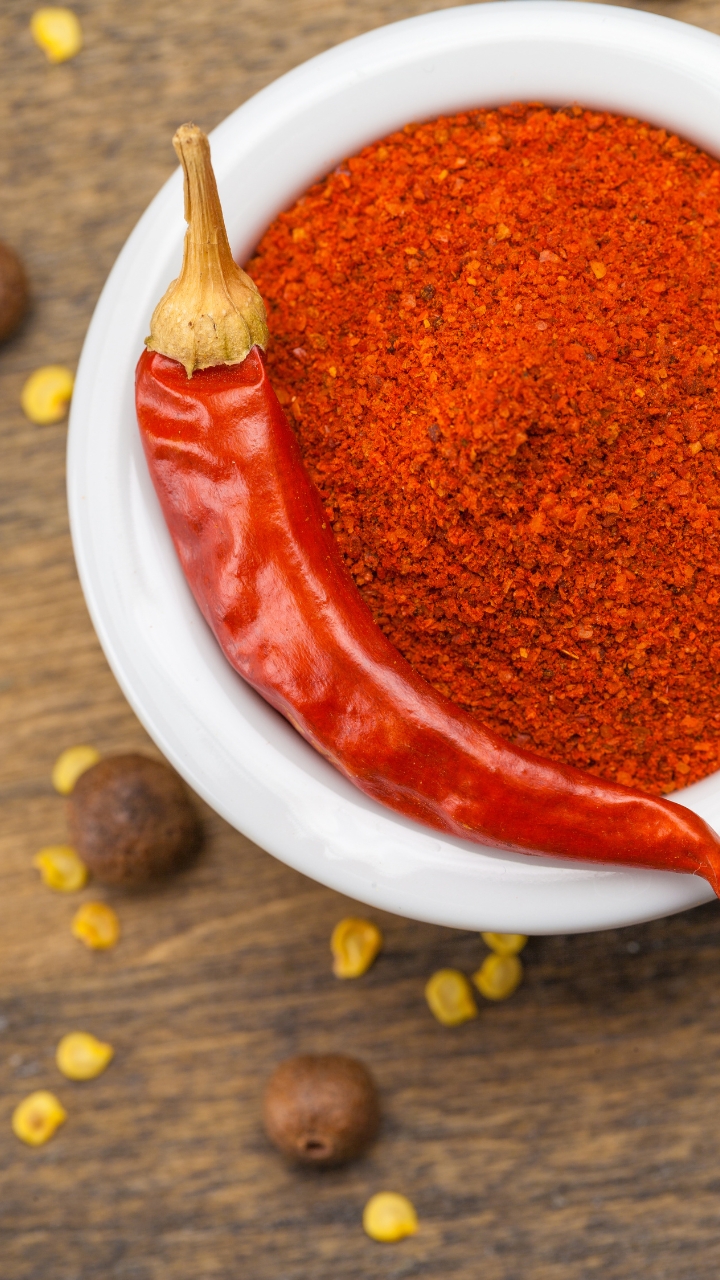Korean noodles ban: How can eating spicy food cause acute poisoning? | Food-wine News

Denmark is spicing things up with a recall of several popular Korean instant ramen noodles produced by Samyang. The reason? High levels of capsaicin, the compound that gives chilli peppers their heat, which Danish authorities fear could pose a risk of “acute poisoning” to consumers.
Three fiery flavours are being pulled from shelves: Buldak 3x Spicy & Hot Chicken, 2x Spicy & Hot Chicken, and Hot Chicken Stew. Denmark’s food agency issued the recall and urged consumers to discard the products.
However, Samyang, the South Korean manufacturer, is firing back. They claim there’s no quality issue with the ramen and that the spice levels are within normal parameters. This fiery debate raises questions about cultural differences in spice tolerance and the potential health risks associated with ultra-spicy foods.
Though Ramya, registered dietitian, Cloudnine Group of Hospitals, OMR-Chennai, agreed that people from India, Korea, and Southeast Asia are generally more accustomed to spicy food due to their culinary traditions. However, this doesn’t mean they are immune to the harmful effects of extremely spicy food, she said.
Eating extremely spicy noodles can definitely cause acute poisoning because of capsaicin, the compound that gives chilli peppers their heat, Ramya said. It can cause inflammation and irritation in the digestive tract, leading to symptoms like abdominal pain, diarrhoea, and vomiting. In extreme cases, it might lead to dehydration.

 Spicy food’s potent “zing-and-zip” flavour may also curb your appetite. You might feel fuller faster after eating spicy cuisine, which can actually improve your relationship with food.
Spicy food’s potent “zing-and-zip” flavour may also curb your appetite. You might feel fuller faster after eating spicy cuisine, which can actually improve your relationship with food.
Are there any benefits of eating spicy foods sometimes?
Despite the risks, moderate spicy food consumption has benefits, Ramya noted:
* Pain relief and anti-inflammation- Capsaicin-based topical medications are used for pain management.
* Antibacterial properties- Studies have shown that spicy foods containing capsaicin exhibit anti-microbial properties in fighting against bacterial infections.
* Boosting metabolism and weight loss- A study conducted in 2013 states that the combination of capsaicin and protein meal can maintain energy expenditure and improve satiety.
* Improving cardiovascular health- A study on animals was shown to improve vascular oxidative stress and improving heart health.
* Anti-cancerous effect- Capsaicin involves in fighting against free radicals and suppresses cancer cell growth.
Should someone specifically avoid eating spicy foods?
Certain individuals should avoid extremely spicy foods, including:
*Children and older adults- The gastric spice level tolerance is very low in children and diminished in older adults. It’s not advisable to have highly spicy foods on a regular basis.
*People with pre-existing digestive issues (e.g., IBS, acid reflux)- People with a history of Irritable Bowel Syndrome and Gastro Esophageal Reflux Disease should be very careful with the intake of spices. High intake of spicy foods aggravates the symptoms.
*Pregnant or breastfeeding women- Consuming extremely spicy food during pregnancy can have potential impacts on the mother and the developing fetus.
*Those with sensitive stomachs or allergies





